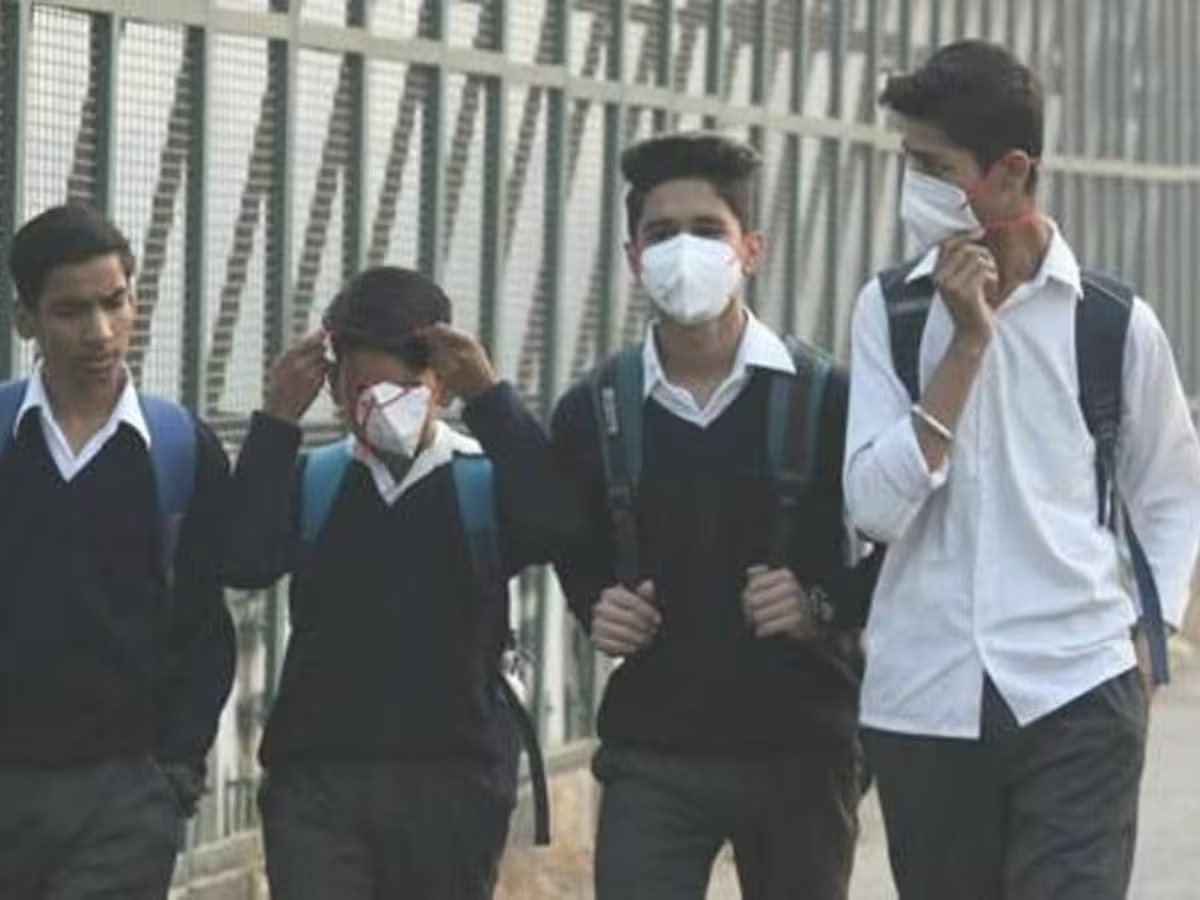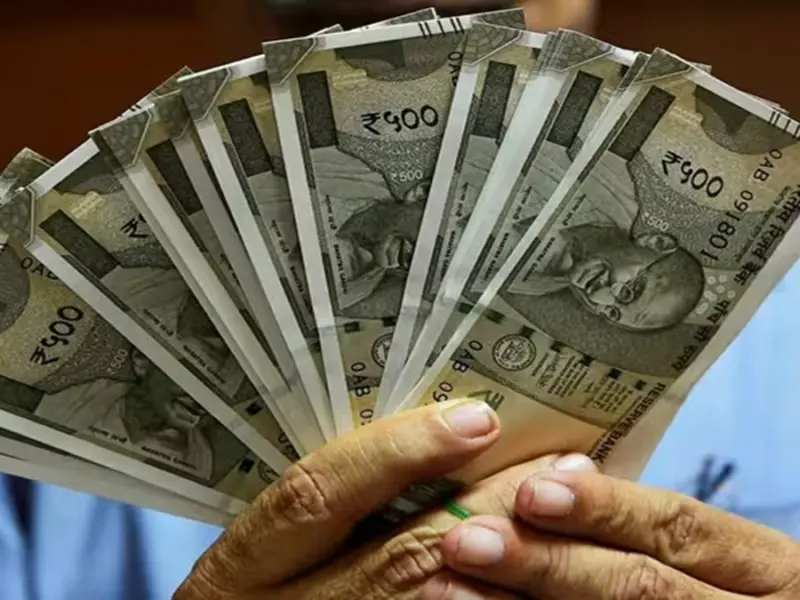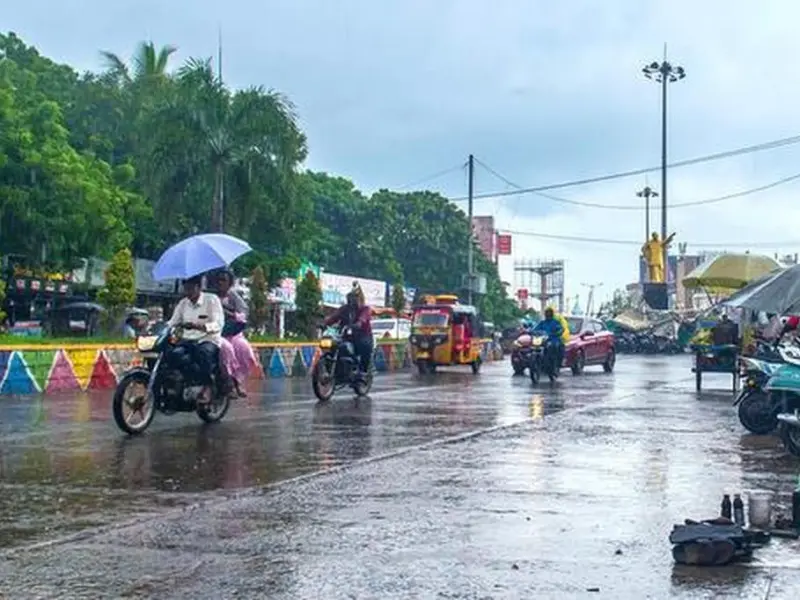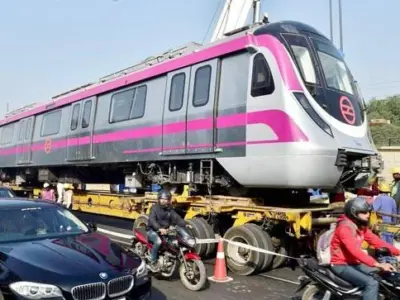Delhi, India, is notorious for its poor air quality, especially during the winter months. The city’s residents, including school children, often suffer from respiratory problems due to high levels of pollution. To combat this, Delhi schools have a unique feature in their academic calendar: the “pollution break.”
What is a Pollution Break?
Pollution breaks are unscheduled holidays declared by the government when air pollution levels reach hazardous levels. This usually happens in October and November when a combination of factors like agricultural burning, Diwali fireworks, and stagnant weather conditions trap pollutants in the city.
During these breaks, schools are closed to protect children from the harmful effects of air pollution. In 2023, schools in Delhi, Noida, and Ghaziabad were closed for a week due to severe pollution.

Current Situation
This year, Delhi is again experiencing high pollution levels. The Air Quality Index (AQI) has been hovering above 350 in many areas, causing widespread respiratory illnesses. Parents are demanding school closures to protect their children’s health.
November Holidays and School Closures
While students enjoyed an extended Diwali break due to the weekend, schools in Delhi will remain closed on November 7th for Chhath Puja, a major festival in the region.
The government is closely monitoring the pollution levels and may implement GRAP 4 (Graded Response Action Plan) if the average AQI crosses 450. This would trigger school closures and a shift to online classes, as seen last year.
Many schools have already taken precautionary measures like canceling morning assemblies and outdoor games.
Protecting Our Children
Pollution breaks are a necessary step to ensure the health and well-being of Delhi’s children. While they disrupt the academic schedule, they prioritize the safety of students. Hopefully, with concerted efforts to combat pollution, these breaks will become a thing of the past.




